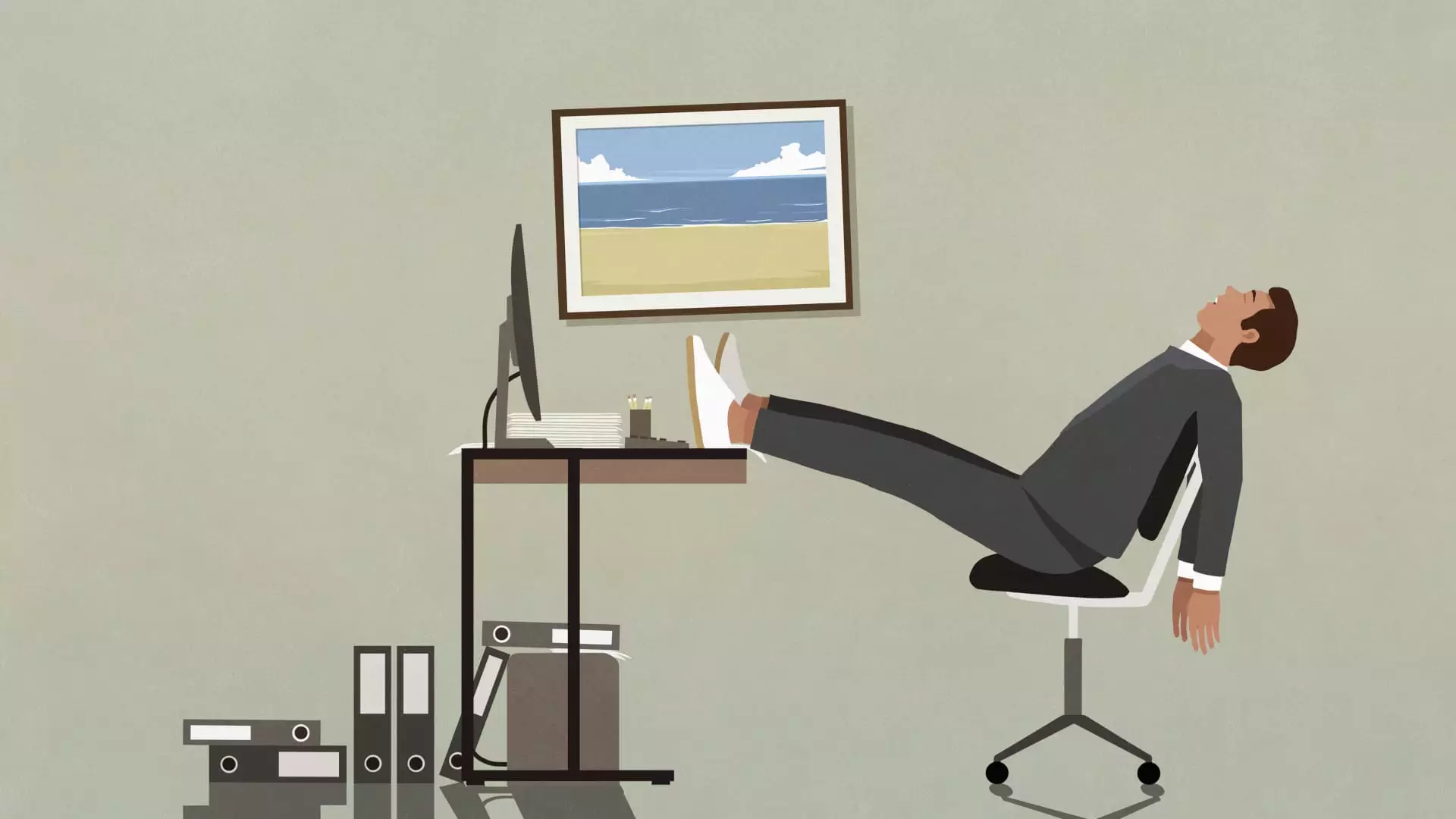The recent Expedia report sheds light on the global phenomenon of vacation deprivation. Surprisingly, cultures that have the most vacation days also report feeling the most deprived. For instance, Germans and French respondents, who enjoy 27 and 29 vacation days respectively, expressed a high level of dissatisfaction with their time off. On the other hand, Americans and Japanese, who take the least amount of vacation days with 11 and 12 days respectively, also reported feeling deprived. This highlights a stark contrast between perception and reality when it comes to vacation time.
The report delves into the cultural attitudes surrounding vacation time. For the French, time off is considered a basic right, while Americans view it as a guilty pleasure. This fundamental difference in perceptions can influence how individuals feel about their vacation time. Interestingly, the Japanese, despite taking fewer vacation days, reported lower levels of vacation deprivation. This suggests that cultural norms play a significant role in how individuals perceive and utilize their time off.
The Expedia report also highlights the role of the work environment in contributing to vacation deprivation. In Germany, a significant percentage of workers feel that their employers are not supportive of their vacation time, which can lead to guilt and inability to fully disconnect during time off. This lack of support from employers can significantly impact an individual’s ability to recharge and feel refreshed after a vacation.
The report suggests that meticulous planning of vacation time can lead to a more fulfilling experience. Countries like Hong Kong and Singapore, where workers carefully plan their time off, reported lower levels of vacation deprivation. In contrast, respondents from Japan, who leave a significant number of vacation days unused, also reported feeling less deprived. This highlights the importance of intentional planning when it comes to maximizing the benefits of time off.
The report points out the difference in vacation habits between countries like Japan and the United States. While Americans tend to save up their vacation days for one big annual trip, the Japanese opt for more frequent, shorter breaks throughout the year. This approach allows for more regular opportunities to recharge and break away from the routine. By taking shorter, more frequent breaks, individuals may mitigate feelings of vacation deprivation and make the most of their time off.
Despite the high levels of vacation deprivation reported globally, there are strategies to overcome this issue. By fostering a culture of support for vacation time, employers can help alleviate guilt and stress associated with taking time off. Encouraging employees to plan their vacations strategically and take shorter, more frequent breaks can also contribute to a healthier work-life balance. Ultimately, addressing vacation deprivation requires a shift in perceptions, both at the individual and organizational level.

